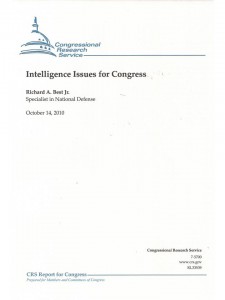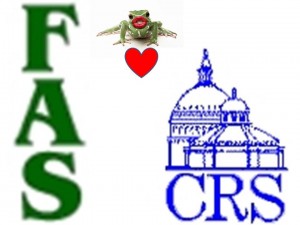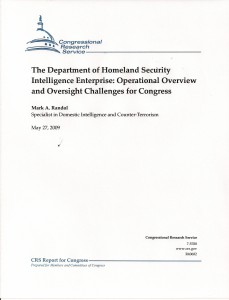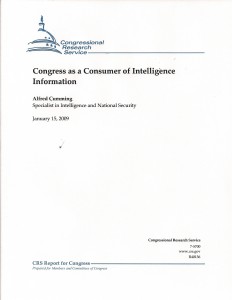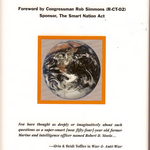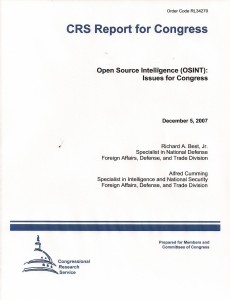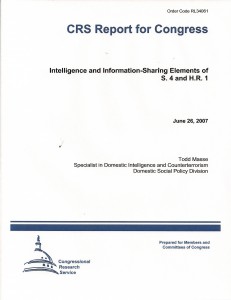
The attached blog, “Failing to Prosecute Wall Street Fraud Is Extending Our Economic Problems,”
is a cut-and-paste accumulation of a variety of outlooks. Most are based on analyses or accumulated wisdom, but some appear based on hunches, ideologies, etc. Taken together, however, they paint a horrifying picture of the American political economy and our prospects for the future. Moreover, that picture does not change materially if you throw half of the pastings away. While the implications of fraud, per se, are clear, the horrifying picture of what is happening emerges when one tries to generalize on the description.
The anonymous guest author is telling us, in effect, that the neural network of our political-economy — i.e., the information system that provides the wherewithal for implicit and explicit homeostatic guidance and control – – has become so corrupted by fraud and disinformation that a pervasive atmosphere of confusion, menace, fear, mistrust, and alienation is breaking down the system into non-co-operative activities, thereby creating a kind of paralysis of will that, left unchecked, will prolong and deepen our economic crisis. <
One psychologist insightfully likened the situation to trauma and post traumatic stress disorder on a national scale.
Any student of Colonel Boyd's theory [1] of competition and conflict (Patterns of Conflict) and his idea of the OODA loop will immediately recognize the symptoms of confusion, menace, fear, mistrust, and alienation, expressed below. These are the emergent properties of decision cycles, or Observation – Orientation – Decision – Action (OODA) Loops, that have been folded back inside themselves and have become focused inward and are disconnected from their environments, but connected to some kind of internal dynamic that feeds on itself. Of course, Boyd was discussing military strategy and the art of winning by wrecking his adversary's OODA loops to undermine his adversary's organic cohesion, while preventing his adversary from doing the same thing to him.
Nevertheless, it would be a mistake to dismiss his ideas as applying only to the art of war. That is because Boyd's aim was to describe in a generalized sense how the human mind works in any conflict involving a clash of independent wills, what the mind's strengths and weaknesses are, and how these strengths and weaknesses play out in the competition that is the essence of life.
So, it should not be surprising that many politicians, businessmen, and scholars have recognized that Boyd's general ideas can be tailored to any kind of competition or game (just google “OODA loop”) and have sought gain by exploiting these ideas against others. Most people, however, instinctively evolve similar if less well defined ideas, because if Boyd's synthesis of the OODA loop is correct, these dynamics are innate in the evolved wiring of left and right hemispheres of our brains [2], and therefore will exhibit their outward manifestations in repetitive patterns in conflicts over time — which brings back to the tapestry of confusion, menace, fear, mistrust, and alienation and the counter weights that are necessary to overcome them.
Viewed through the lens of Boyd's theory of competition and conflict, the attached blog clarifies one question about the players in the economic game in particular: The information assembled below clearly shows who is the hoser and who is the hosee.
One final point, history has shown that once an nation's political-economic OODA loops become infected by the virus of corrupted information it is very very hard to clean it out. The hosing will continue unless ruthless action roots it out, otherwise, we will experience continued disintegration ending in a sudden collapse, like what happened to Rome on a grand time scale or to France's Third Republic [3] on a more tangible time scale.
With this background in mind, now read the attached blog and draw you own conclusions about what is needed to re-oreint the corrupted political-economic OODA loops that are leading America to ruin.
——————————–
NOTES:
[1] A short bio of Boyd and his theories as well as the briefing slides he used to explain his theories can be found in the Boyd folder here. Robert Coram's excellent biography of Boyd and his theories can be found here.
[2] See, for example, my analysis of how Barack Obama beat Hillary Clinton and John McCain here.
[3] William L. Shirer's Collapse of the Third Republic, is a case study in how the dry rot of inward focus in the 1930s set France up for its sudden collapse in during the German invasion of May 1940. His description of how the flow information among the military and political leaders became corrupted during the invasion is a microcosm of how inwardly focused OODA loops, lubricate by menace, mistrust, and fear result inevitably in the breakdown of cohesion, paralysis, chaos, and collapse.
——————————————————-
ATTACHED BELOW THE LINE IN FULL for Information Availability Assurance Into the Future
Failing to Prosecute Wall Street Fraud Is Extending Our Economic Problems
Posted By Guest Author On December 15, 2010 @ 8:30 am In Think Tank

